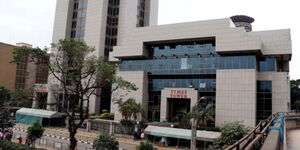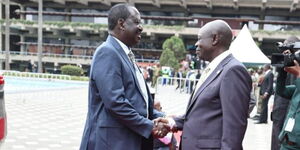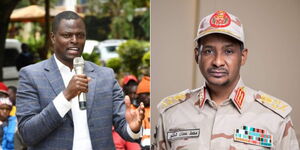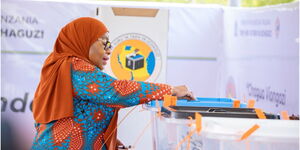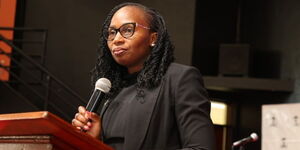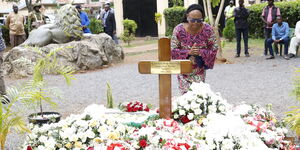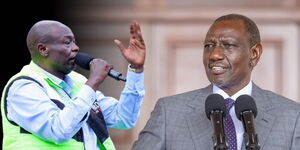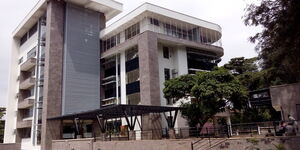HELB Chief Executive Officer Geoffrey Monari has singled out professionals in the private sector, notably accountants, doctors, lawyers, and engineers, as the highest loan defaulters, prompting the agency to pursue stricter recovery strategies.
Speaking during a breakfast interview on Citizen TV on Tuesday morning, Monari revealed that the trend of non-repayment was most prevalent among graduates who transitioned into private practice. He expressed concern over the rising number of beneficiaries failing to honour their loan obligations years after completing their studies.
According to Monari, accountants were among those topping the defaulter list, with only 11 per cent of the active ones servicing their loans. This translates to just 2,420 individuals repaying out of 20,420 accounts linked to trained accountants, leaving about 18,000 in default.
Doctors follow closely, with only 18 per cent actively repaying their loans. Out of 11,501 practising doctors, just 2,115 are repaying, while 51,594 students who graduated over 20 years ago still owe HELB Ksh8 billion.
Lawyers also rank high on the list. Of the more than 23,000 lawyers who received HELB financing, only 2,644 have repaid any amount. The remaining tens of thousands have not serviced their loans, denting HELB’s recovery efforts.
In the engineering sector, HELB data show that out of 24,803 loan beneficiaries, just 1,594 have completed their payments. Only 894 others are still actively repaying, with the majority having defaulted.
“The problem is when people go to the private sector, they start to become a problem to us,” Monari remarked, indicating the challenge of tracing and compelling professionals outside government employment to pay up.
To enhance loan recovery and ensure compliance, the CEO stated that the board would begin engaging professional bodies and employers to consider withholding the renewal of practising licences for individuals who fail to meet their loan repayment obligations.
This move is part of a broader strategy by HELB, which has in recent months ramped up efforts to recover billions in unpaid loans. The agency is now pursuing defaulters through partnerships with employers, listing on credit reference bureaus, and legal enforcement mechanisms.
Monari clarified that a significant portion of the defaulted loans, amounting to Ksh8 billion, is tied to students who graduated nearly 20 years ago. He noted that the government is keen on recovering these funds to support current students relying on HELB for their education.
However, the CEO indicated that the board would exercise leniency towards graduates who completed their studies within the last 1 to 11 years.
These individuals, who collectively owe Ksh46 billion, are considered to still be in the transition phase between school and stable employment, and the government has taken this into account in its repayment enforcement plans.
Additionally, Monari highlighted teachers as one of the most compliant professions when it comes to HELB loan repayment. According to him, over 44,000 teachers are actively servicing their loans, making them among the top-performing groups in terms of repayment.
He noted that only about 3,500 teachers in formal employment are yet to begin repaying their loans, a relatively small fraction compared to other professions with higher default rates.

